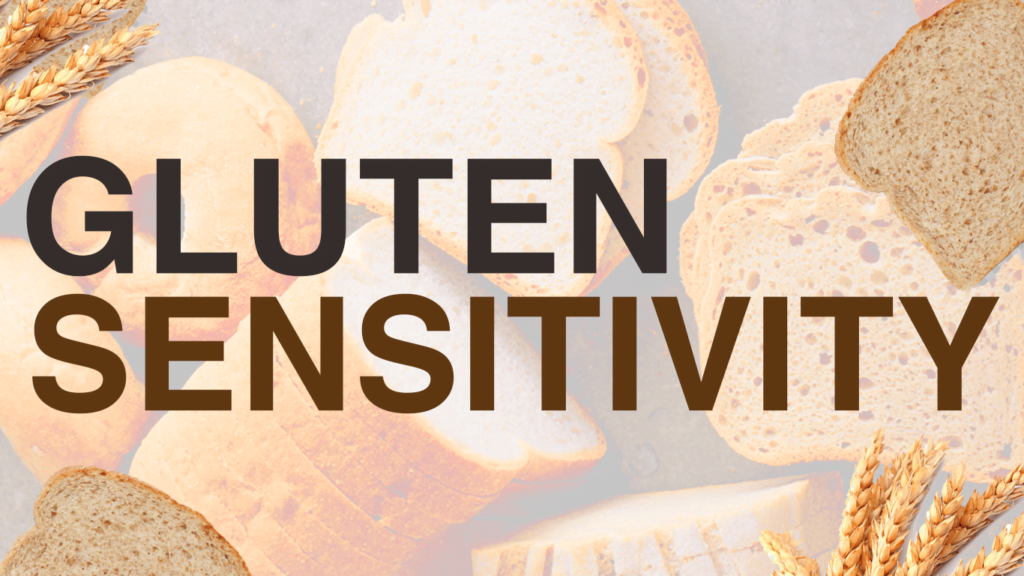Gluten is a collection of insoluble proteins that is found in most foods with grains such as wheat, rye, and barley. This protein is responsible for the elastic and chewy properties of dough when baking. Though this is a naturally occurring substance, the immune system of some— 1 in 141 people worldwide to be specific— experience hypersensitivity to gluten when consumed.
Sensitivity to gluten can be caused by several reasons namely, wheat allergy, celiac disease, and nonceliac gluten sensitivity. Like how some people are lactose intolerant others are gluten intolerant.
A wheat allergy occurs when one’s immune system goes up against certain wheat proteins and can even lead to a deadly, widespread, allergic reaction called anaphylaxis.
Celiac Disease is an inherited disease that is the hypersensitivity of one’s immune system to the consumption of gluten. To those with celiac disease, gluten causes damage and inflammation of the lining of the small intestine which can lead to detrimental long-term effects such as malabsorption of nutrients and even lymphoma and adenocarcinoma– two types of cancer. Diagnosis of celiac disease can be confirmed with antibody testing and biopsies.
Nonceliac gluten sensitivity is much more common than wheat allergy and celiac disease. Though nonceliac disease usually does not have diagnostic procedures to confirm their condition, most of those who experience symptoms after consuming gluten products have nonceliac gluten sensitivity.
This can also be caused by the nocebo effect wherein one’s belief that something will cause problems eventually manifests into a real problem. The nocebo effect in gluten sensitivity can be traced back to the plethora of society heightened hype towards gluten-free products and their benefits to those who change their diet.
Om Research is currently conducting a study on potential treatment for Celiac Disease. If you’re interested in learning more about the study please fill out the form below or read about the study on our Studies page.
Sources: https://www.medicalnewstoday.com/articles/318606#gluten-intolerance



